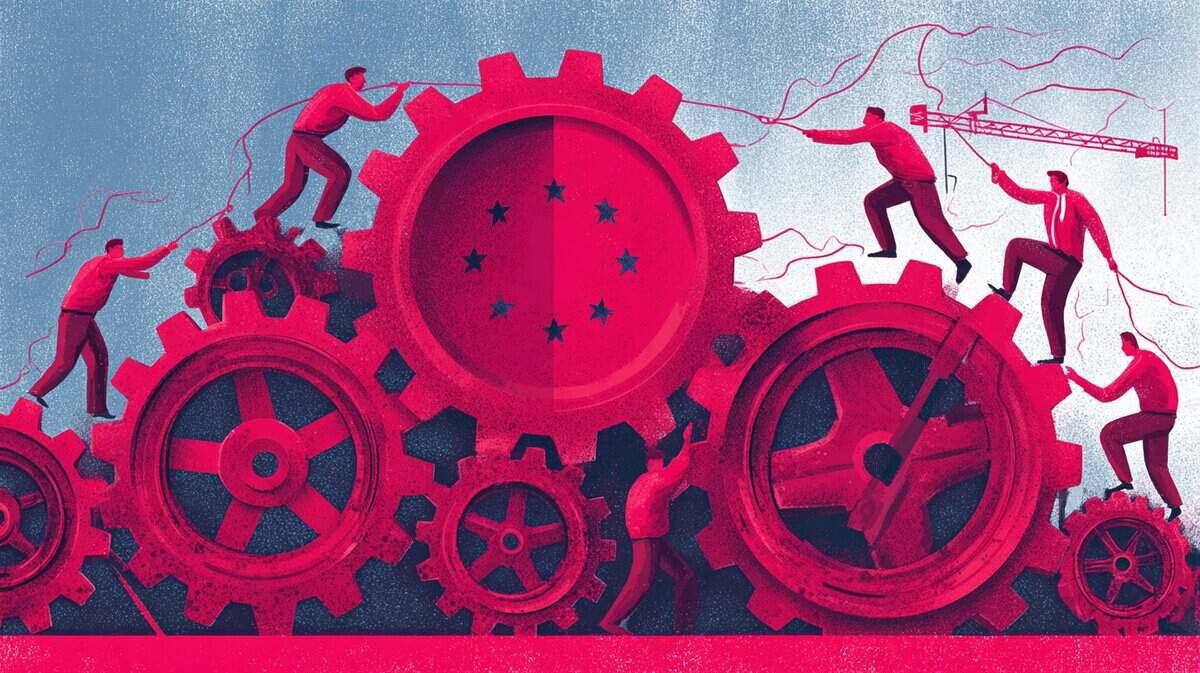
When Corporate Mergers Hurt Workers, Europe Must Act
Europe's merger watchdogs generally ignore labour market impacts, but there is a possibility for change.

Europe's merger watchdogs generally ignore labour market impacts, but there is a possibility for change.

Concentrated labour markets and non-compete agreements erode worker bargaining power.

Labour shortages have become one of the most pressing issues in the labour market across Europe.

Platform work is often presented as a stepping-stone for migrant workers. It may not however feel so benign to them.

Institutional and economic factors supporting workers are offsetting well-adverted global trends affecting wage distribution.

Because women have fewer options and their work gets devalued, job segregation accounts for half the gender pay gap in Europe.

As the world inches back to normality, the Covid-19 crisis highlights deep structural inequalities and the urgent need for bold, systemic solutions to tackle climate change, social injustice, and economic precarity.

Labour shortages following the pandemic have increased most and are most severe in jobs with lower wages and poorer conditions.

Inter-firm differences are not only widening wage gaps but also threaten wider social division among workers.

Performance pay might be thought to reward merit—but it mainly rewards men.